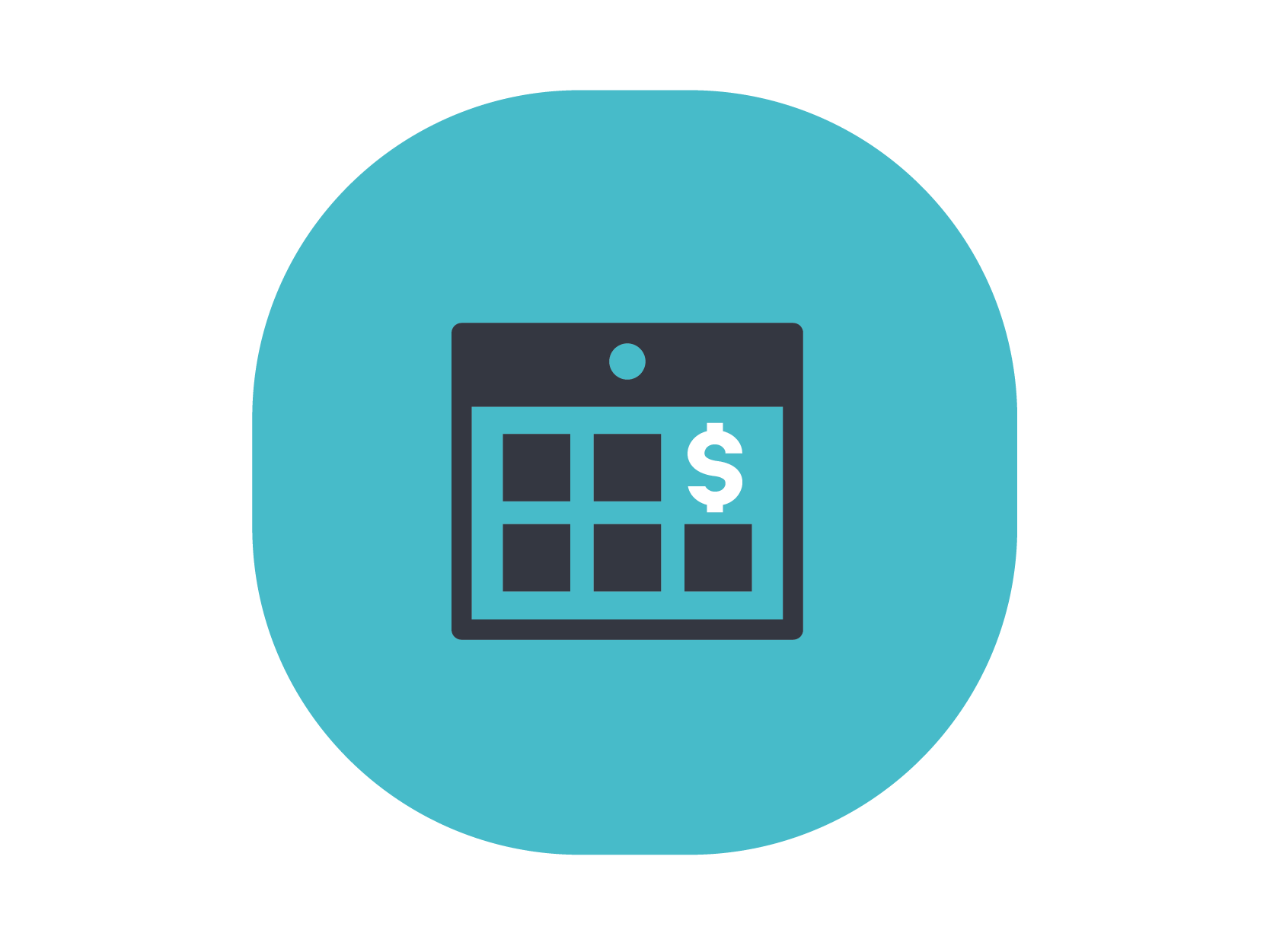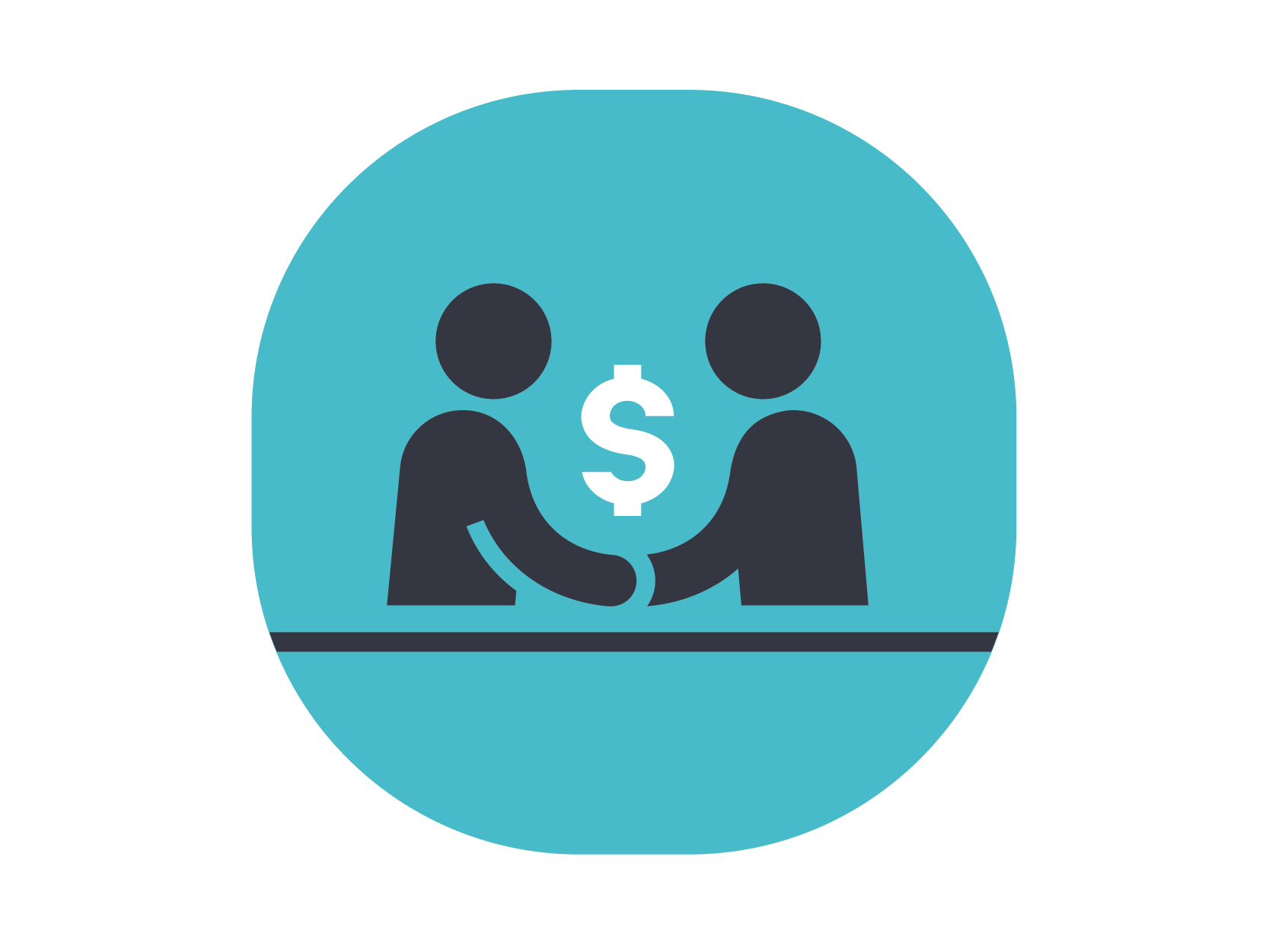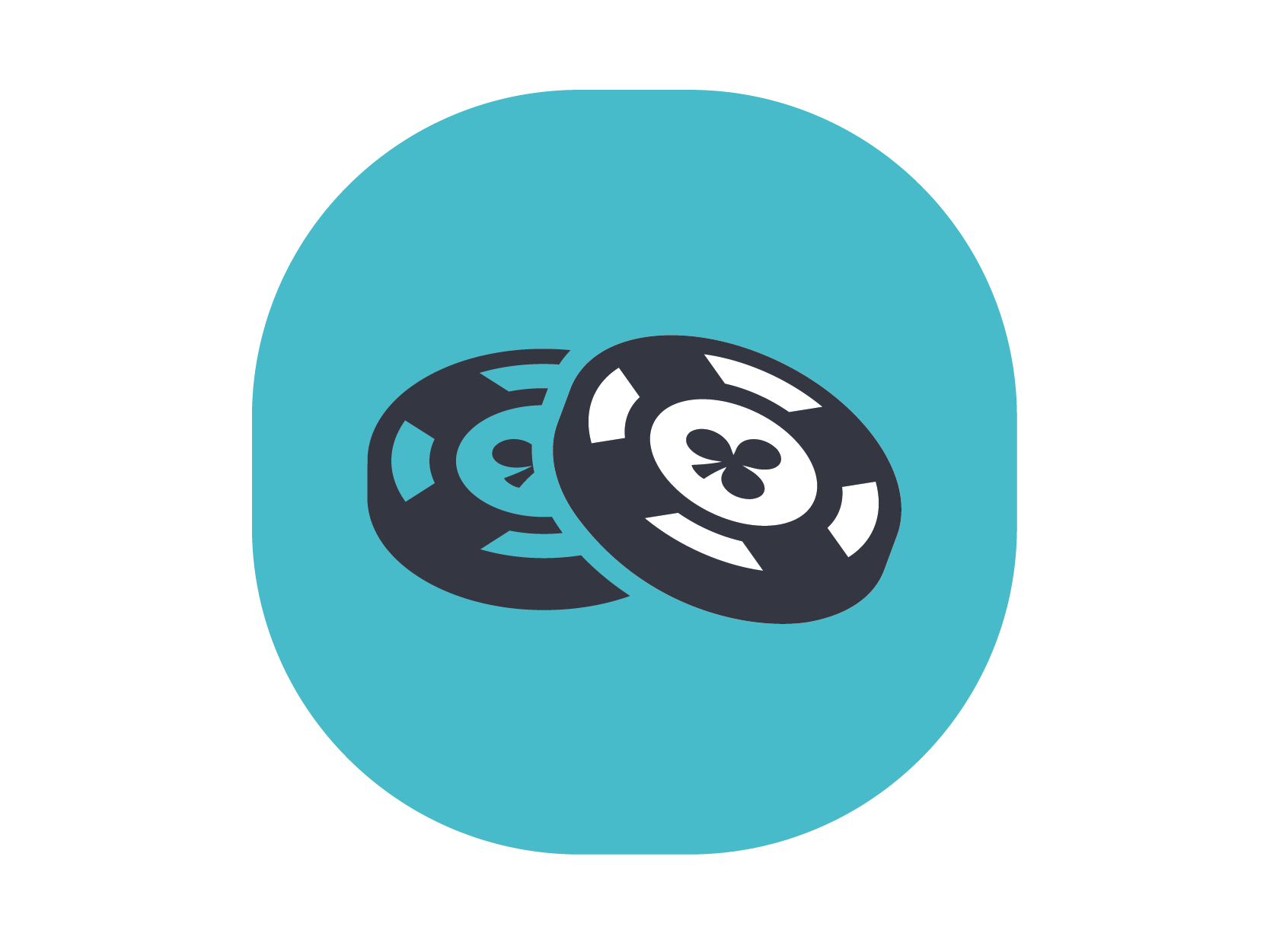
Business Debt
There is a lot of confusion about what is a business debt – partly because there is a real cross over between someone borrowing in a business or personal capacity. The best thing is to try and simplify it, by firstly defining what personal and business debts actually might be.
If an individual borrows money in their own name, for personal spending such as buying a TV or clothes, a car or a house in their own name, then that clearly is a personal debt for which they are liable without any ability to deny their responsibility for paying back that debt.
If they are borrowing money to establish, support or fund a business — for instance borrowing $25,000 from a bank to help set up a business account with TradeMe for selling cosmetics online — then that money is clearly being used for business purposes, but is still a personal debt.
However, a business can take several different forms, the main ones being:
someone trading in their personal capacity (self-employed or sole proprietor);
a partnership where several people work together;
or through a limited company, which has its own legal personality.
Personal Liability
An individual will be liable for business debts if:
They are self-employed and run their business in their own name.
They are a partner in a partnership business, which means that are automatically jointly and severally liable (i.e. personally liable) for all the debts of the partnership;
They are a shareholder or director of the company, but ONLY if:
They have given a personal guarantee in respect of the company’s debts; or
They have allowed the business to fraudulently or recklessly trade, and they are found liable by a Liquidator or the Court for some or all of the debts of the company; or
The Inland Revenue proves that some of the debts of the company relate to trust funds that have been inappropriately administered or retained by the directors or shareholders; or
An overdrawn shareholder loan account has been allowed to accrue, which is then repayable as a loan to the company;
Drawings or dividends drawn were excessive; or
Other inappropriate activities arose during the life of the company;
They have borrowed money in their own name and invested that money in the company by way of shareholder advances or share capital.
Guarantee Liabilities
Guarantee debts will normally arise where a director or shareholder has signed the following in their personal capacity, as well as director or shareholder:
Bank funding;
Other lending from a finance company;
A property lease (even if that lease is subsequently assigned);
A lease, finance or hire purchase agreement for plant, equipment or motor vehicles;
A service agreement in respect say telephony, computer or other services;
An agreement with a trade supplier, which sometimes may not explicitly state that a director or shareholder may be personally liable, but may be as a signatory to the agreement.
Depending on the nature of the guarantee, the creditor may also be secured by assets owned by the guarantor, a family trust or other person and sometimes this again may not be clear in the terms and conditions.
As with any agreement a person really must fully read the documentation presented to them so that they don’t inadvertently give a guarantee, when they had no intention of doing so. Taking legal advice before signing any documentation is therefore advisable.
Keeping Track of your Personal Liabilities
One of the most common issues we see with clients when they are seeking advice, and where they have been in business, is that they don’t actually know what they might actually be liable for, and so, when they suffer from hard times, working out what they may or may not be liable, can be time consuming, and may give rise to uncertainty as to the best way of dealing with their debt issues.
Maintaining a list of any all guarantees given is therefore advisable for any business owner, director or shareholder.
Have a look at types of debt:



















